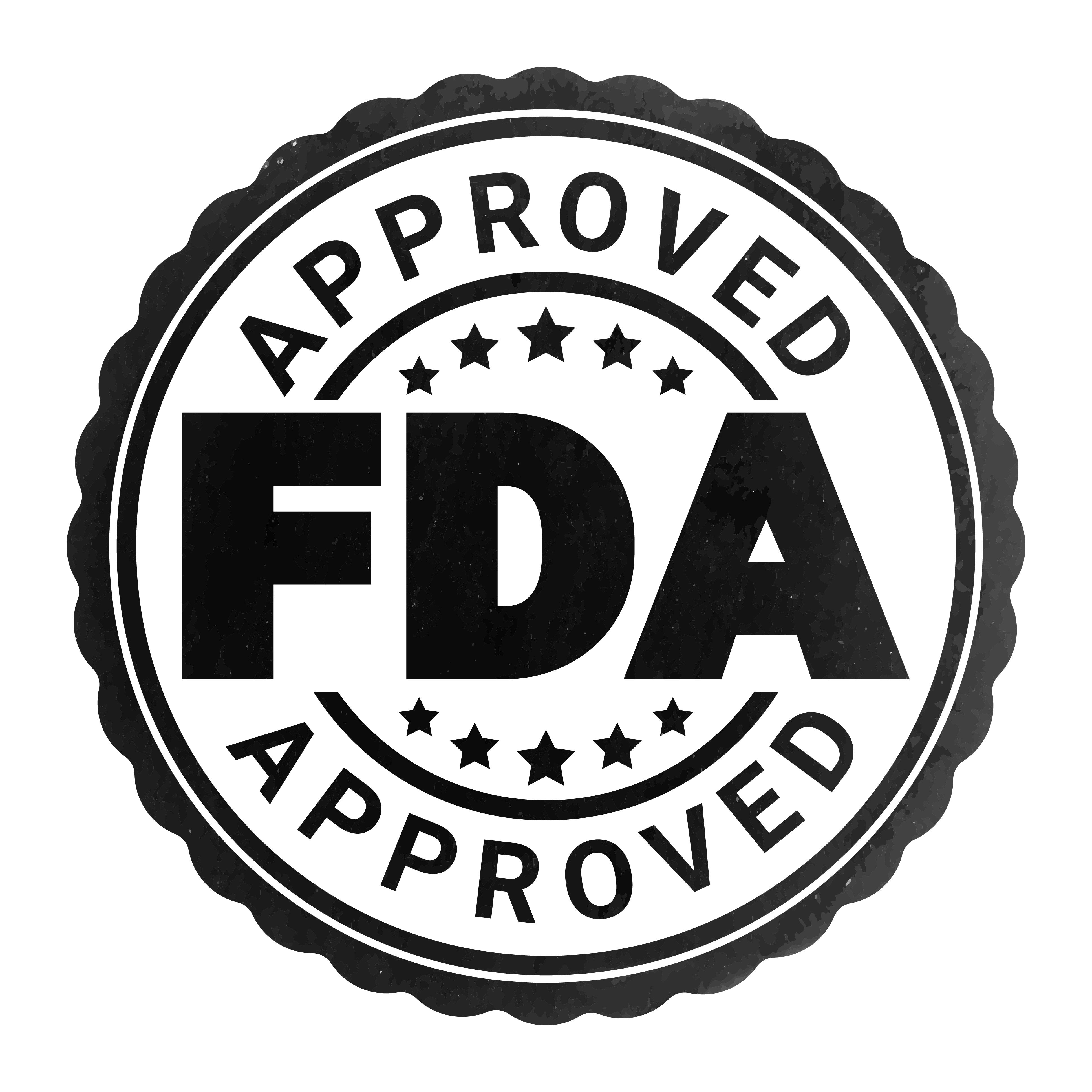- Case-Based Roundtable
- General Dermatology
- Eczema
- Chronic Hand Eczema
- Alopecia
- Aesthetics
- Vitiligo
- COVID-19
- Actinic Keratosis
- Precision Medicine and Biologics
- Rare Disease
- Wound Care
- Rosacea
- Psoriasis
- Psoriatic Arthritis
- Atopic Dermatitis
- Melasma
- NP and PA
- Skin Cancer
- Hidradenitis Suppurativa
- Drug Watch
- Pigmentary Disorders
- Acne
- Pediatric Dermatology
- Practice Management
- Prurigo Nodularis
- Buy-and-Bill
News
Article
FDA Approves Nivolumab for Completely Resected Stage IIB/C Melanoma
Author(s):
Approval is based on data from Bristol Myers Squibb’s CheckMate – 76K trial.
Today, the US Food and Drug Administration (FDA) approved Bristol Myers Squibb’s nivolumab (Opdivo) as monotherapy in the adjuvant setting for the treatment of patients with completely resected stage IIB or IIC melanoma. The FDA’s approval is based on results from the pivotal phase 3 CheckMate -76K trial, where nivolumab demonstrated a statistically significant and clinically meaningful benefit in recurrence-free survival (RFS) versus placebo. Additionally, the safety profile of nivolumab was consistent with previously reported studies.1
“Hopefully nivolumab will help patients live longer with less chance for recurrence. With an overall good safety profile, our patients can live longer with an improved quality of life,” Aaron Farberg, MD, double board-certified dermatologist, Mohs surgeon, and the chief medical officer at Bare Dermatology in Dallas, Texas, told Dermatology Times.
Secondary end points of the phase 3 CheckMate -76K trial included overall survival, distant metastases-free survival, progression-free survival on next-line therapy, and safety endpoints.
Farbeg added, “The issue with managing completely resected stage IIB/C melanoma is an issue of cure vs remission. Unfortunately, once a patient is diagnosed with cancer, it is difficult to clearly state that it has been completely resected as we then spend the following years performing surveillance to ensure that it does not come back. Understanding each patient’s personalized risk is important as no one wants to be binned in a group as most cancer staging does. After we understand our patients’ true personalized risk, then we can provide risk-aligned surveillance and management.
According to the news release, in July 2014, nivolumab was the first PD-1 immune checkpoint inhibitor to receive regulatory approval anywhere in the world. Additionally, the nivolumab clinical development program has treated more than 35,000 patients to date.
“Following surgical removal of melanoma, patients may believe they are free of disease,” said John M. Kirkwood, MD, distinguished professor of medicine at the University of Pittsburgh School of Medicine and co-director of the Melanoma Center at UPMC Hillman Cancer Center.1 “However, within five years of diagnosis, one-third of patients with surgically resected stage IIB and nearly one-half of patients with surgically resected IIC melanoma see their cancer return, underscoring the need for additional treatment options that may help reduce the risk of cancer coming back. The significant recurrence-free survival improvement observed with nivolumab in CheckMate -76K is an important step forward for these patients."
Reference
- US Food and Drug Administration approves Bristol Myers Squibb’s nivolumab for Opdivo (nivolumab) as an adjuvant treatment for patients with completely resected stage IIB or IIC melanoma. Bristol Myers Squibb. News release. October 13, 2023. Accessed October 13, 2023. https://news.bms.com/news/corporate-financial/2023/U.S.-Food-and-Drug-Administration-Approves-Opdivonivolumab-as-Adjuvant-Treatment-for-Eligible-Patients-with-Completely-Resected-Stage-IIB-or-Stage-IIC-Melanoma1/default.aspx
Newsletter
Like what you’re reading? Subscribe to Dermatology Times for weekly updates on therapies, innovations, and real-world practice tips.






